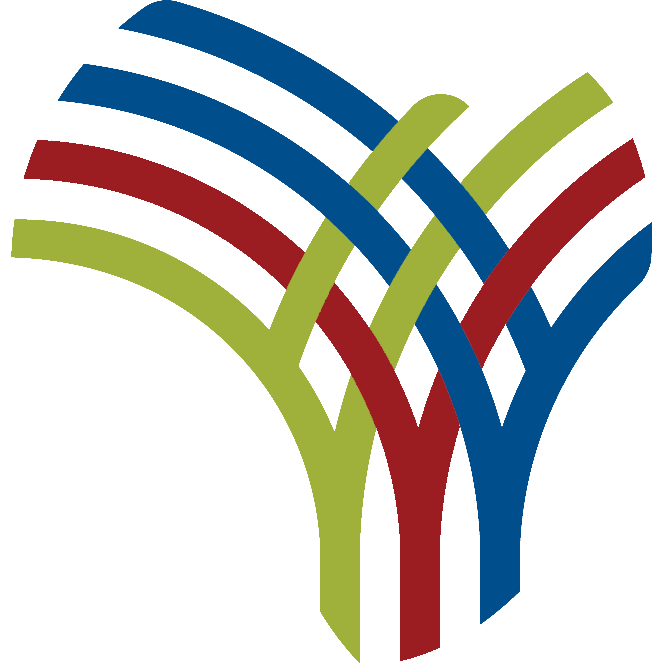East Africa’s top retail banks booked more than $125 million of bad loans in the nine months to September this year, as borrowers struggled to repay their loans following the expiry of a 12-month loan repayment relief programme for customers adversely impacted by the Covid-19 pandemic.
This comes as regional banking regulators in Kenya, Tanzania and Rwanda have raised concern over the rise of bad loans, which is now threatening the financial sector. Last week, Rwanda’s central bank reinstated regulatory requirements for commercial banks to increase provisions on loans that had been suspended due to the pandemic to allow banks to continue lending. The reinstatement could affect loans to the private sector.
Meanwhile, Bank of Tanzania (BoT) has introduced measures to address non-performing loans, which include zeroing in on individual bank employees who are directly responsible for issuing the loans.
The latest unaudited financial statements for regional lenders KCB, Equity and Co-operative banks show that the volume of gross non-performing loans (NPLs) rose eight percent to $1.81 billion, from $1.68 billion in the same period last year.
Co-operative bank was the highest with over $80.6 million worth of loans turning sour during the period under review, followed by Equity Bank at $39.46 million and KCB at $10.26 million.
Cumulatively, KCB had the highest portion of bad loans at $876.25 million, followed by Equity and Co-operative Banks at $501.6 million and $441.78 million respectively.
This is against the total loan book of $13.48 billion for the three lenders, with KCB at $5.81 billion, Equity Group at $4.99 billion and Co-operative bank at $2.73 billion.
Credit rating
In May, global rating agency Moody’s Investor Service affirmed the outlook on the three lenders’ long-term deposit and issuer ratings as negative, largely due to increased holdings of government securities translating to increased exposure on sovereign risks.
According to the agency, the negative outlook also captures the elevated risks to the banks’ asset quality that weighs heavily on their profitability.
"Problem loans already increased for all three banks, and we expect a further weakening stemming from the pandemic and following the gradual withdrawal of coronavirus related support measures, including a loan repayment moratorium that expired in March 2021, which led to around half of banking system loans having payment deferrals," the agency said.According to the Central Bank of Kenya (CBK), NPLs in the country’s banking industry increased by 0.09 percent in the three months to September 30, while Return on Equity (ROE) for the […]
